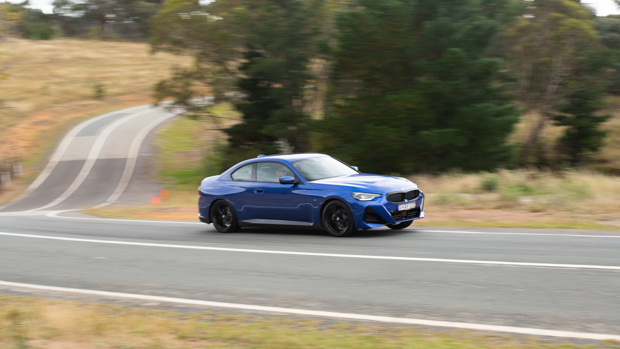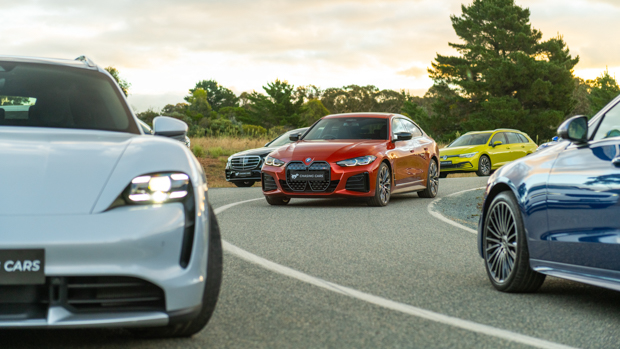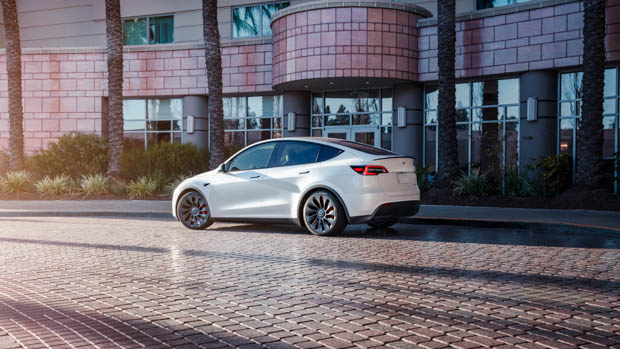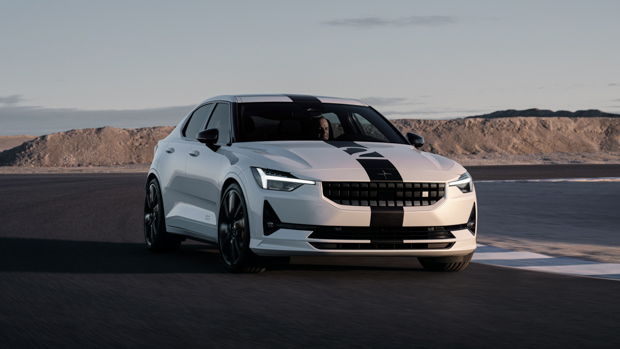-
Car Reviews
- All reviews
- Midsize SUVs
- Small cars
- Utes
- Small SUVs
- Large SUVs
- Large cars
- Sports SUVs
- Sports cars
- Vans
Latest reviews
- Car News
-
Car Comparisons
Latest comparisons
- Chasing Deals
In its latest policy announcement, the ACT government has vowed that by 2035 sales of new combustion powered cars will cease entirely
The government for the Australian Capital Territory has this week announced that the jurisdiction will ban the sale of new combustion-engined vehicles as soon as 2035, with an interim target of 80-90 percent share of zero emissions new cars by 2030.
This strategy will effectively ban Canberrans from buying and registering new petrol or diesel cars in just 13 years’ time. The ban is understood to include hybrids.
Instead, ACT citizens will be free to purchase zero tailpipe-emission vehicles, including battery-electric vehicles (BEVs) and hydrogen fuel-cell cars (FCEVs).
The move isn’t quite as urgent as the UK’s policy of no new combustion-engined vehicles by 2030, but it is the most serious measure put in place by any Australian state government by a significant margin.
The Labor-Greens ACT government policy is notably not echoed by federal legislation, with the new federal Labor government still considering a range of solutions to incentivise electric vehicle takeup.
The ACT is home to Australia’s capital, Canberra, and has generally shown a progressive stance on the uptake of electric vehicles.
It is expected that a full strategy report will become available towards the end of this week in which Rattenbury will outline the actions by which the final goal will be achieved.
The latest round of incentives by states including South Australia and NSW, along with global market pressures outside of our control, have bolstered sales of electric vehicles in Australia.
In total, electric vehicles increased market share dramatically so far in 2022, with 6447 sales to 30 June 2022 compared to 858 in the same period last year.
Some of this can also be attributed to Tesla now reporting its sales data to industry body FCAI, which releases new-car sales data each month.
Alongside the latest announcement – which should seriously help reduce the territory’s CO2 numbers with 60 percent of emissions coming from the transport sector – the state moved to 100 percent renewable energy in 2020.
This saw the ACT’s carbon emissions fell sharply between 2019-2020 as the territory transitioned to renewable energy sources. In 2021, total emissions climbed by 2.8 percent compared to 2020.
Transitioning to renewable energy will be key to keep cars such as the Tesla Model 3, Polestar 2 and Hyundai Ioniq 5 (among others) charged with minimal emissions.
Government investment in private fast-charger providers including Chargefox that use 100 percent renewable energy will also be crucial in making electric vehicle ownership as sustainable as possible.
Latest news
About Chasing cars
Chasing Cars reviews are 100% independent.
Because we are powered by Budget Direct Insurance, we don’t receive advertising or sales revenue from car manufacturers.
We’re truly independent – giving you Australia’s best car reviews.



